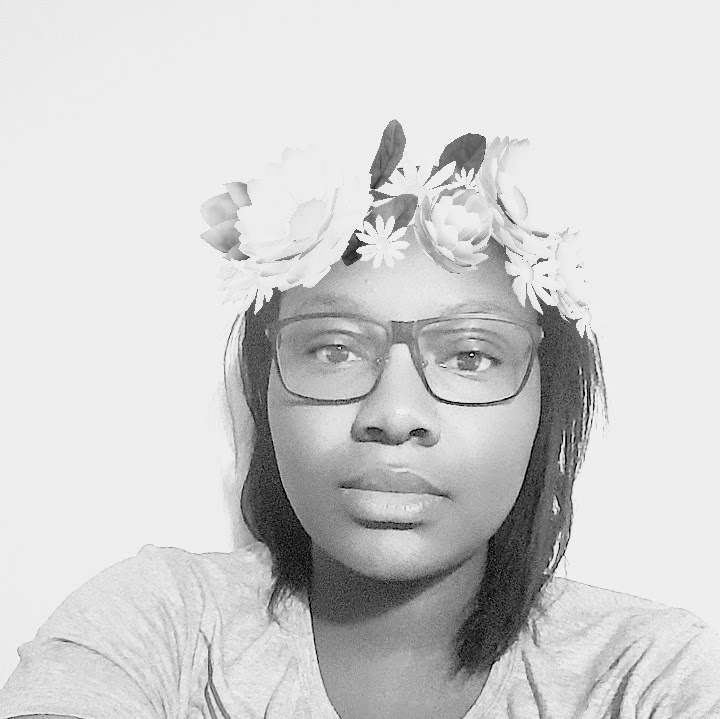ISSN: 1941-4137
POETRY THAT ENACTS THE ARTISTIC AND CREATIVE PURITY OF GLASS
POETRY THAT ENACTS THE ARTISTIC AND CREATIVE PURITY OF GLASS

Yves Olade is a history student who lives in the south of England. He's been featured in Kingdoms in the Wild, and published in the Rising Phoenix Review, Bombus Press, L'Ephemere Review and the Half Mystic journal. An avid documentary fan, Yves loves mobile games and moody playlists.
In Which The Black Boy Falls in Love & Learns to Start Running
Let's run. Let's keep running. Let's swallow so much blue
our mouths become skies become oceans. Hold on
to whatever of me is easiest, like my hands or
this thing in my chest that can't stop talking about you.
We're red now; we killed everything worth killing. I slit
a man’s throat & the wound spoke your name. I said your
name & it said something back. We can call that love, if
you want. Always speaking back. We spit up the red. Repented.
We promised we could be good like that again. Said, No one
has to die this time. Wanted heaven like, nothing happens here.
We can live in the bright places; bright like a too-close
sun. Bright like an ambulance siren. Bright like
lights, fading — me, begging you not to close your eyes. I
wanted to keep just one thing safe, like this poem, but
death always creeps in anyway. We never meant for any
of this to happen. The hunt was just a game. We could
run so fast because nothing was chasing us. Nothing could
catch us. Not blood. Not war. Not other boys. We could set
ourselves on fire & not be burning but dawn. We felt
the birds leave our bodies crackling. Say my name. Now,
say something gentler. Say something bulletproof. Let's
pray for bodies even spears can't pierce through.
Let's run. Let's keep running. Let's swallow
so much red that our mouths become escape. So much
red that our mouths become made of doing what you
must / bodies made of doing what you can to survive.
When I first wrote this poem, it was titled "Nisus & Euryalus" and had very little to do with me at all. It was a retelling of a scene from the Aeneid where the lovers are running through the woods, escaping from a night raid. Nisus, who grew up in the woods, manages to outrun their enemies but Euryalus does not. Their story is a tragic one and both boys end up dead. I meant to leave it there. However, in revision, another story began to bleed through the cracks. I ended up with a tangling of the epic & my own personal mythology: it became a story so familiar it hurt. I knew about that kind of violence, about the hope of tenderness, about how it feels to run & run & run. Yet, I also decided to end the poem on a more positive note than Virgil did — I am, after all, still here. Above all else, "In Which the Black Boy Falls in Love & Learns to Start Running' is a poem about learning how to keep moving.
Glass: A Journal of Poetry is published monthly by Glass Poetry Press.
All contents © the author.
All contents © the author.





